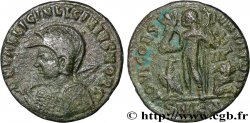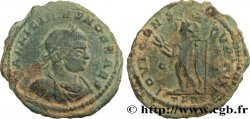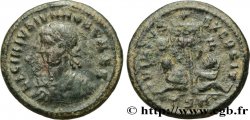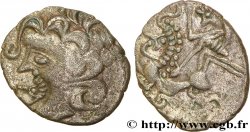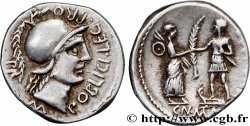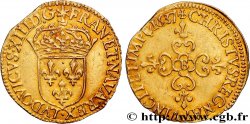Live auction - brm_479181 - LICINIUS II Centenionalis ou nummus
You must signin and be an approved bidder to bid, LOGIN TO BID. Accounts are subject to approval and the approval process takes place within 48 hours. Do not wait until the day a sale closes to register. Clicking on "BID" constitutes acceptance of the terms of use of cgb.fr private live auctions.
Bids must be placed in whole Euro amounts only. The sale will start closing at the time stated on the item description; any bids received at the site after the closing time will not be executed. Transmission times may vary and bids could be rejected if you wait until the last second. For further information check the Live auction FAQ
All winning bids are subject to a 18% buyer’s fee.
All winning bids are subject to a 18% buyer’s fee.
| Estimate : | 350 € |
| Price : | no bid |
| Maximum bid : | no bid |
| End of the sale : | 10 April 2018 15:23:37 |
Type : Centenionalis ou nummus
Date: 320
Mint name / Town : Aquilée
Metal : copper
Diameter : 20 mm
Orientation dies : 12 h.
Weight : 3,09 g.
Rarity : INÉDIT
Officine: 2e
Coments on the condition:
Exemplaire sur un flan large et ovale, parfaitement centré des deux côtés. Beau buste particulier de Licinius II. Frappe molle au revers. Patine verte avec des reflets métalliques
Catalogue references :
Predigree :
Cet exemplaire provient de la collection L. P
Obverse
Obverse legend : LICINIVS IVN NOB C.
Obverse description : Buste lauré de Licinius II à gauche, avec cuirasse, vu de trois quarts en avant, tenant un globe nicéphore de la main droite, la main gauche tendue (I*8).
Obverse translation : “Licinius Iunior Nobilissimus Caesar”, (Licinius le jeune très noble césar).
Reverse
Reverse legend : VIRTVS - EXERCIT / VOT/XX/ S|F // AQS
.
Reverse description : Étendard avec deux captifs assis dos à dos.
Reverse translation : “Virtus Exerciti/ Vota/ vicennalia”, (La Virilité de l’Armée/ Vœux pour le vingtième anniversaire de règne).
Commentary
Variante de légende de droit non recensée pour l’officine. Les chiffres ne sont pas visibles sur l’étendard, mais s’adressent plutôt à Licinius Ier.







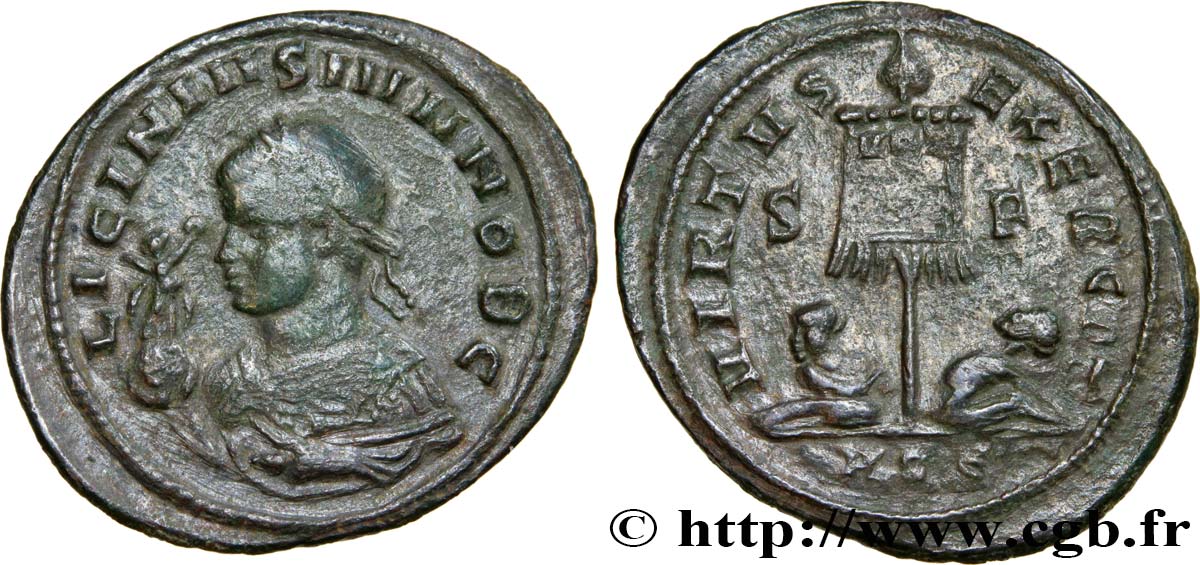
 Report a mistake
Report a mistake Print the page
Print the page Share my selection
Share my selection Ask a question
Ask a question Consign / sell
Consign / sell
 Full data
Full data